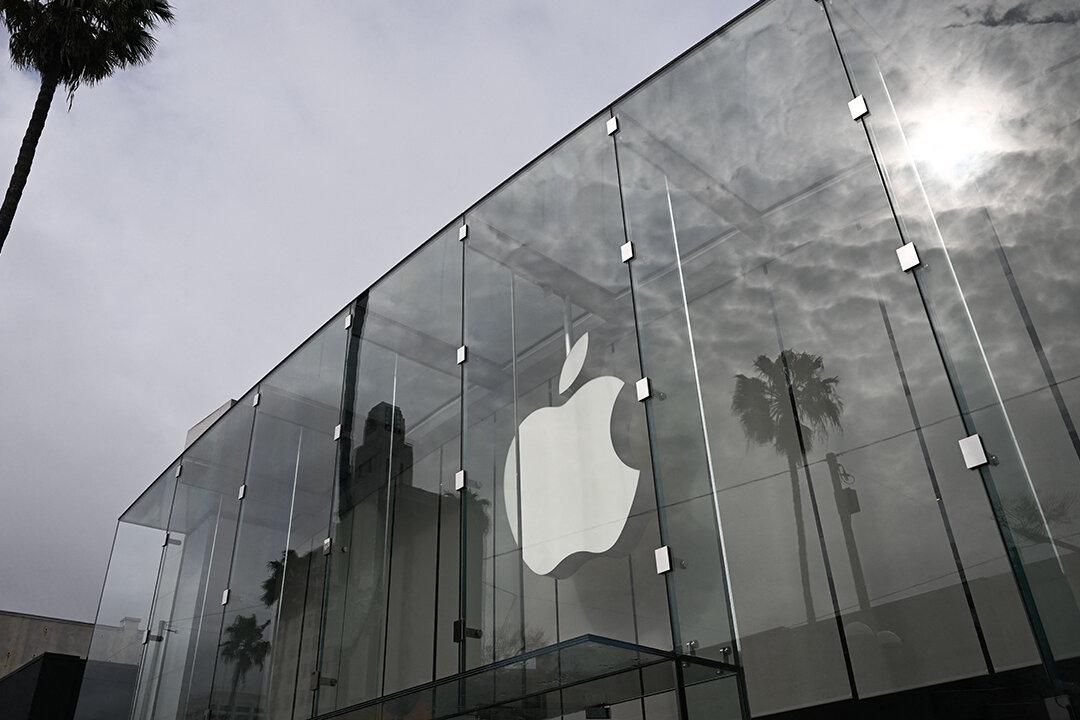Four states have joined the Justice Department’s (DOJ) antitrust lawsuit against tech giant Apple, bringing the total number of co-plaintiffs to 20.
A press release from the DOJ announced that attorneys general in Nevada, Washington, Indianapolis, and Massachusetts joined the suit. The initial lawsuit, brought in March, included 15 states and the District of Columbia as co-plaintiffs.





